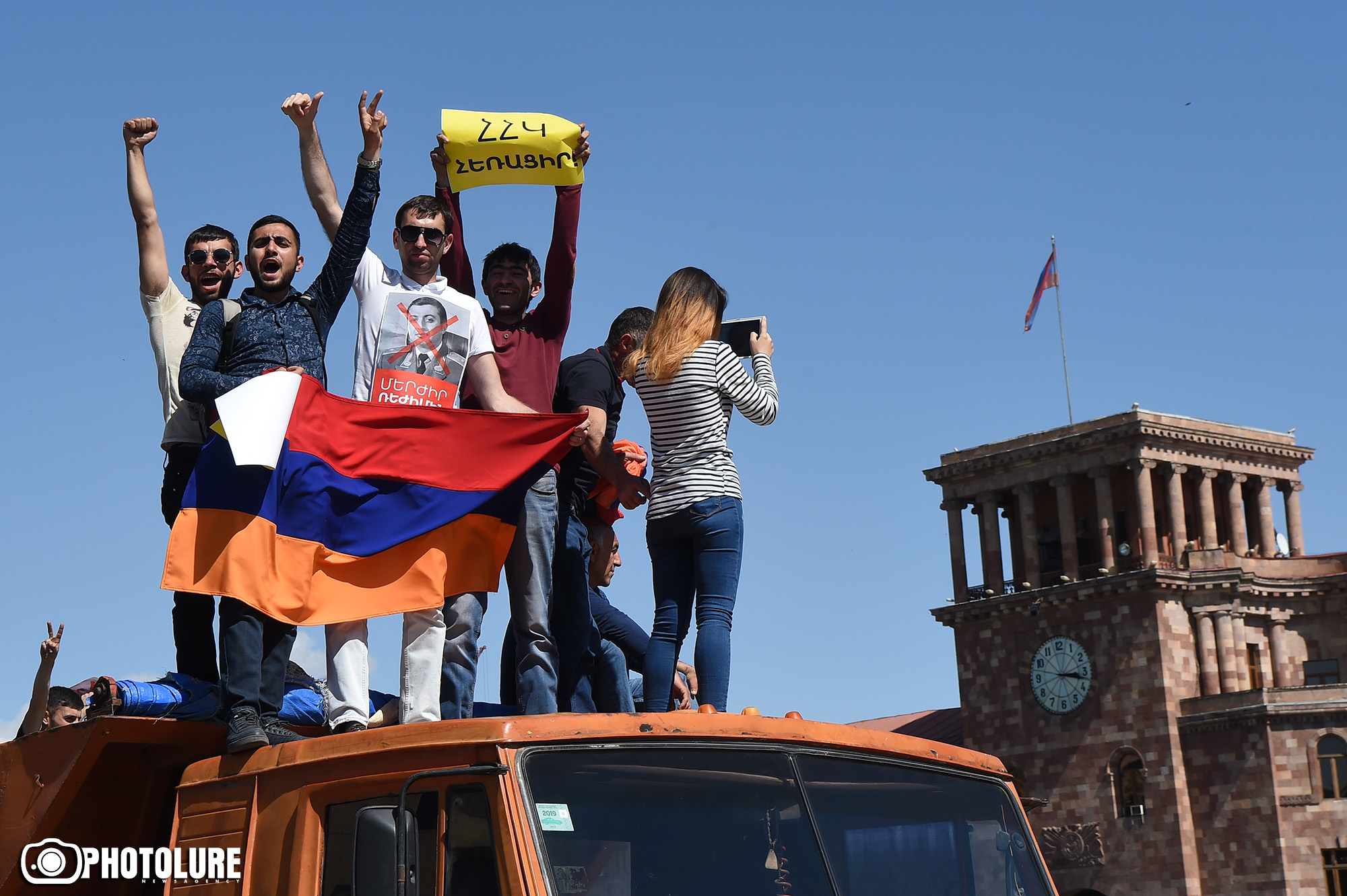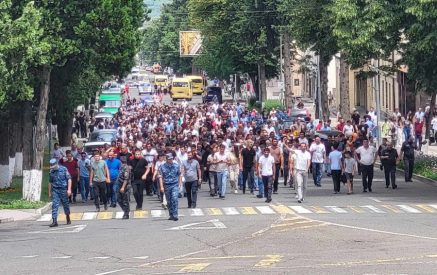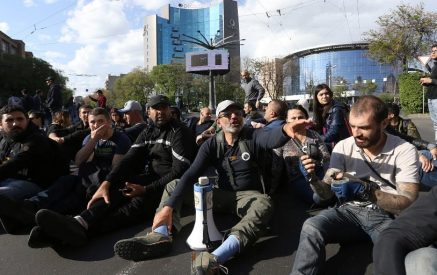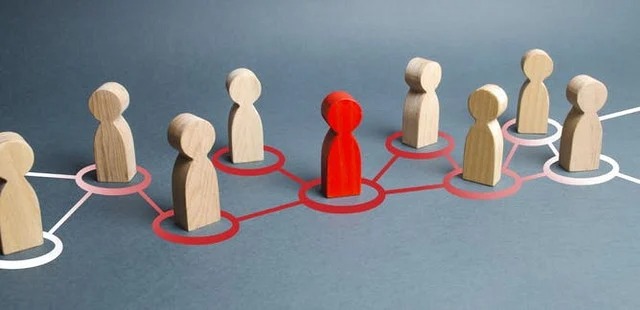Every time a revolution takes place, a period of “old and new” lives side-by-side. Moreover, we are talking not only about the well-known changes in societies, but also about spiritual and tectonic shifts. For example, when Christianity replaced paganism. Or when Protestantism was fighting against Catholicism, which in that case was able to prove its historical viability. To destroy the old (say, the works of ancient philosophers, considering them pagan) or to take them for a future life, as the far-sighted Christian thinkers did in the end? Also, by the way, the Arabs, thanks to whose translations many works of Aristotle, in particular, were preserved, by which they rendered a great service to the spiritual life of Europe. It is logical that a cautious conservative approach is preferable in these matters.
Even now, by and large, we live in a revolutionary period. The Soviet Union collapsed in 1991, and the Post-Soviet era began with corruption, rigged elections, government arrogance, and oligarchs marveling at their wealth. In 2018, the “Post-Soviet” did not collapse, but received a strong blow and gave deep, irreparable cracks. This is not about the dubious qualities of the current authorities.
Regardless of these qualities, it is obvious that a significant part of society, especially those who are over 40 years old, do not want to live in the post-Soviet conditions, and it was unequivocally stated in 2018. We are not talking about the “present and the past” either; there is an unmistakable old in both, that is, the “Post-Soviet.” But the current government and the current opposition exist today and do not exist tomorrow. If we look at the historical process on a slightly larger scale, we can say that the “Post-Soviet” is leaving, giving way to some new form of organization of society.
It is still difficult to say what that will look like. Much depends on what we take with us for that uncertain future. It is clear that we do not want to take corruption and the other shortcomings mentioned above. But to reject everything in the past, everything that has been created, tested since 1918, to throw it away, would also be wrong. The institutional memory of the state is very important in the transition period. Such an approach is deeply alien to the current government, and it can be explained. His rating is based on the current active opposition counter-rating. But in addition to that tactical approach, there is also a strategic mindset, which, I repeat, must be moderately conservative.
Aram Abrahamyan
























































